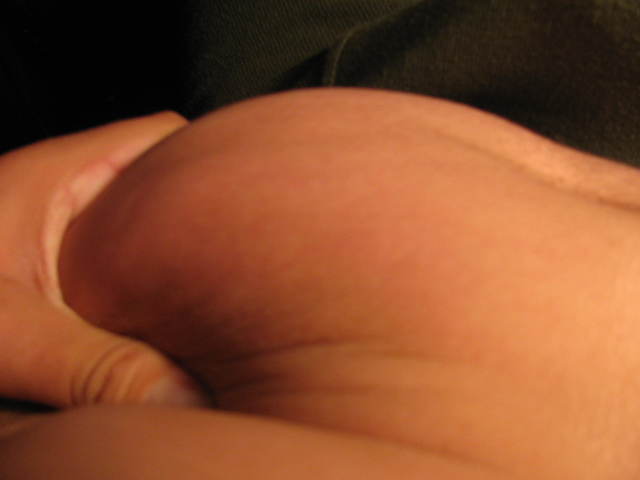Sugar and Cholesterol: Is There a Connection?
Sugar and cholesterol are two different substances that play different roles in the body. Sugar is a type of carbohydrate that provides energy, while cholesterol is a type of fat that is essential for cell structure and function. However, there is some evidence to suggest that high levels of sugar intake may be linked to increased cholesterol levels.
How Sugar May Affect Cholesterol Levels
Sugar is converted into glucose in the body. Glucose is then used for energy or stored as glycogen for later use. However, when glucose levels are high, the body may convert some of the glucose into triglycerides, which are a type of fat. Triglycerides can be stored in fat cells or released into the bloodstream. High levels of triglycerides in the blood can increase the risk of heart disease.
Added Sugars vs. Natural Sugars
The type of sugar that is consumed may also affect cholesterol levels. Added sugars are sugars that are added to foods during processing or preparation. Natural sugars are sugars that are found naturally in foods such as fruits, vegetables, and milk. Added sugars are more likely to raise blood sugar levels and contribute to weight gain, which can both increase the risk of heart disease.
Other Factors That Affect Cholesterol Levels
In addition to sugar intake, several other factors can affect cholesterol levels, including:
* Genetics: Some people are more likely to have high cholesterol levels due to their genes.
* Diet: A diet high in saturated fat and trans fat can raise cholesterol levels, while a diet high in fruits, vegetables, and whole grains can help to lower cholesterol levels.
* Weight: Obesity can increase the risk of high cholesterol levels.
* Physical activity: Regular physical activity can help to lower cholesterol levels.
* Smoking: Smoking can raise cholesterol levels.
* Alcohol intake: Excessive alcohol intake can raise cholesterol levels.
Managing Cholesterol Levels
If you have high cholesterol, there are several things you can do to lower your levels, including:
* Eating a healthy diet: A healthy diet for lowering cholesterol should include plenty of fruits, vegetables, and whole grains. It should also be low in saturated fat and trans fat, and moderate in alcohol intake.
* Getting regular exercise: Regular physical activity can help to lower cholesterol levels. Aim for at least 30 minutes of moderate-intensity exercise most days of the week.
* Maintaining a healthy weight: Obesity can increase the risk of high cholesterol levels. Losing weight can help to lower cholesterol levels.
* Quitting smoking: Smoking can raise cholesterol levels. Quitting smoking can help to lower cholesterol levels.
* Managing your blood pressure: High blood pressure can increase the risk of heart disease. Managing your blood pressure can help to lower your risk of heart disease.
Talk to Your Doctor
If you are concerned about your cholesterol levels, talk to your doctor. Your doctor can recommend a cholesterol-lowering plan that is right for you.
-
Losing weight post-delivery
QuestionDear Doc, My baby is 1.5 years old and I am back to my ol
-
what do i need?
QuestionHi, I am 18 and am simply wondering if you could tell me
-
Workout supplementation
QuestionHello Tim, Hope all is well. Im 33 years old (male) and
-
When to stop consuming food
Question Before retiring to bed when is the best time to stop ea
-
confused!
Questionhi rev. abbott - as for needed background: i am a recover
-
about weight loss
QuestionI have a question i started dieting about a month ago see



